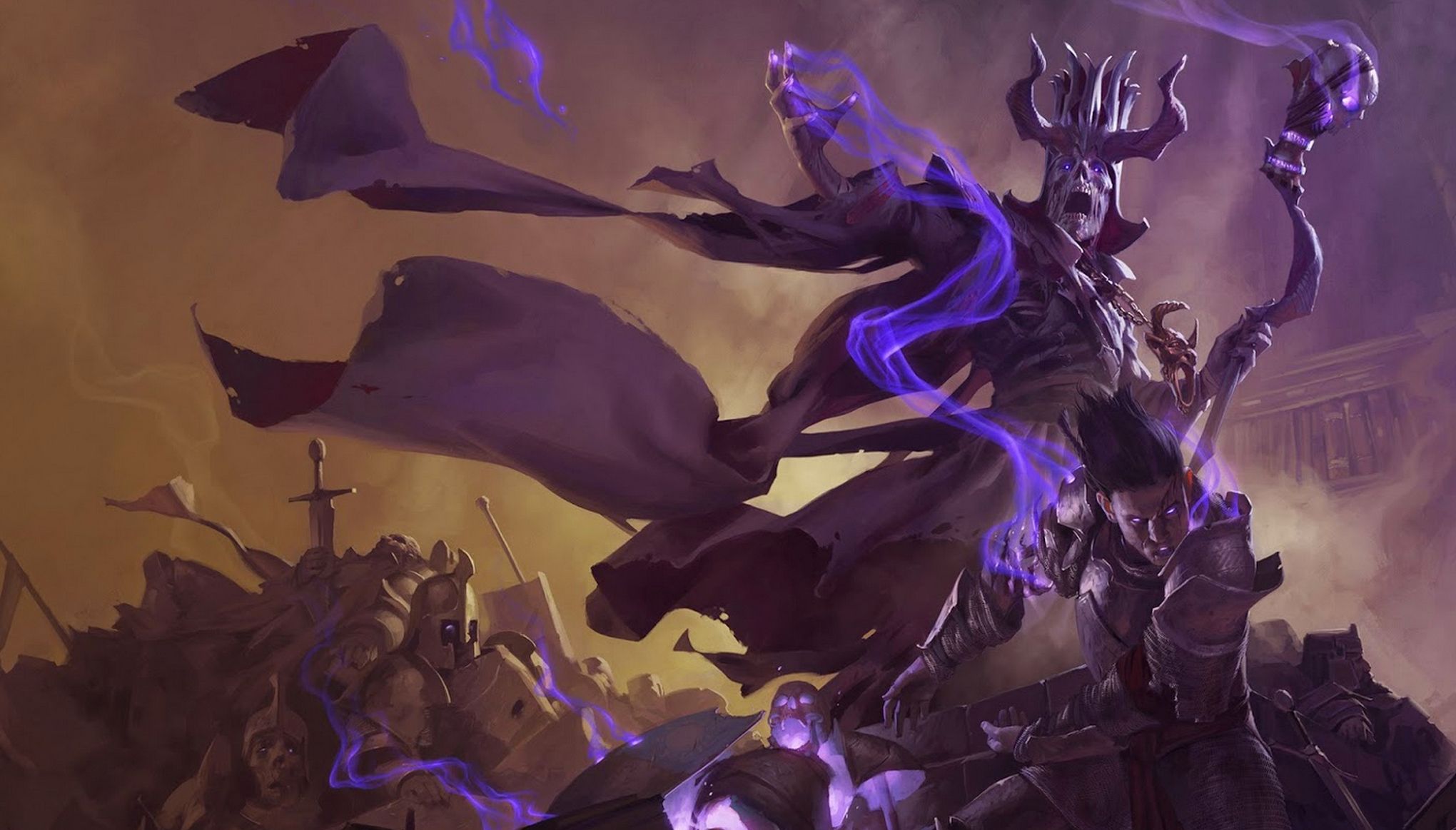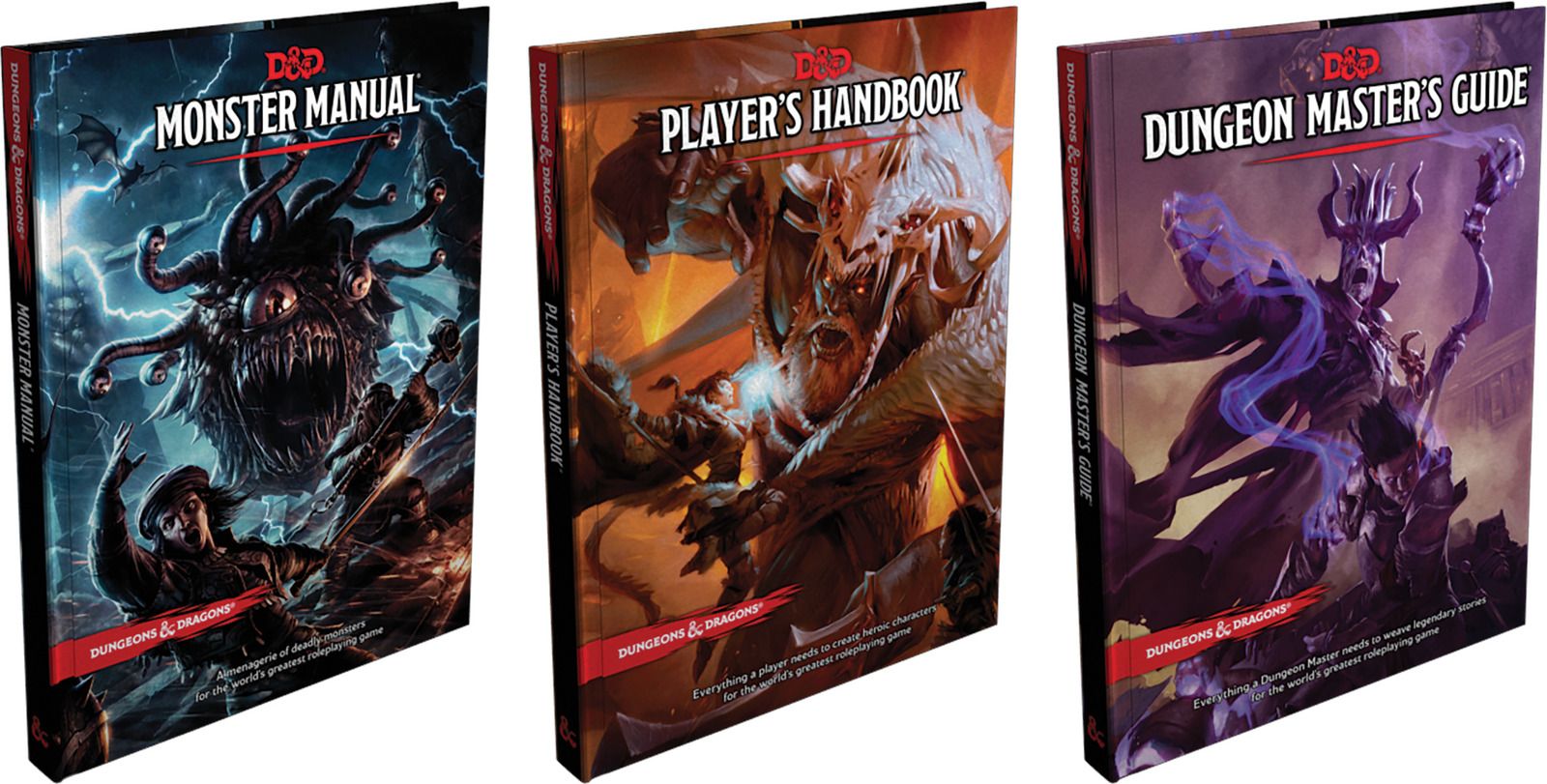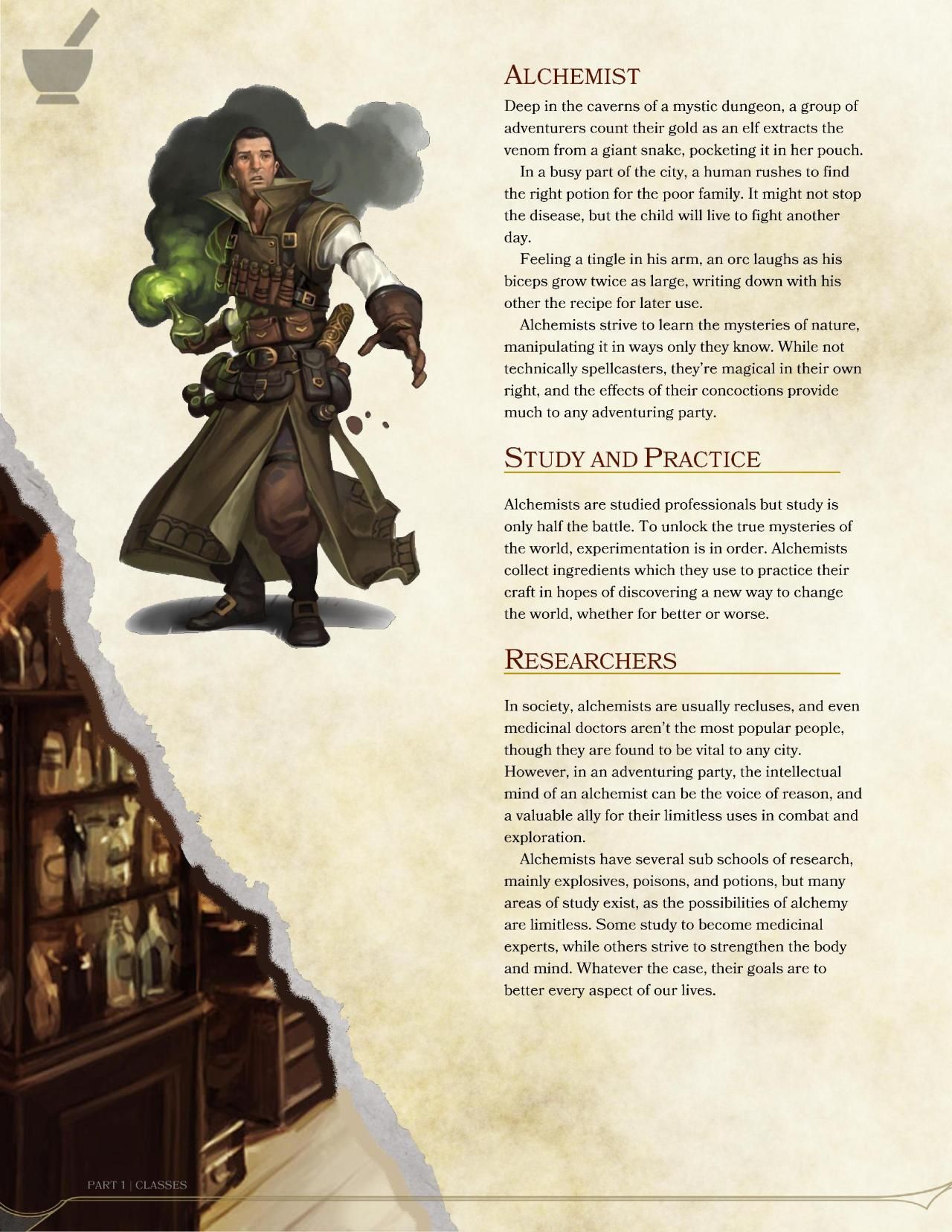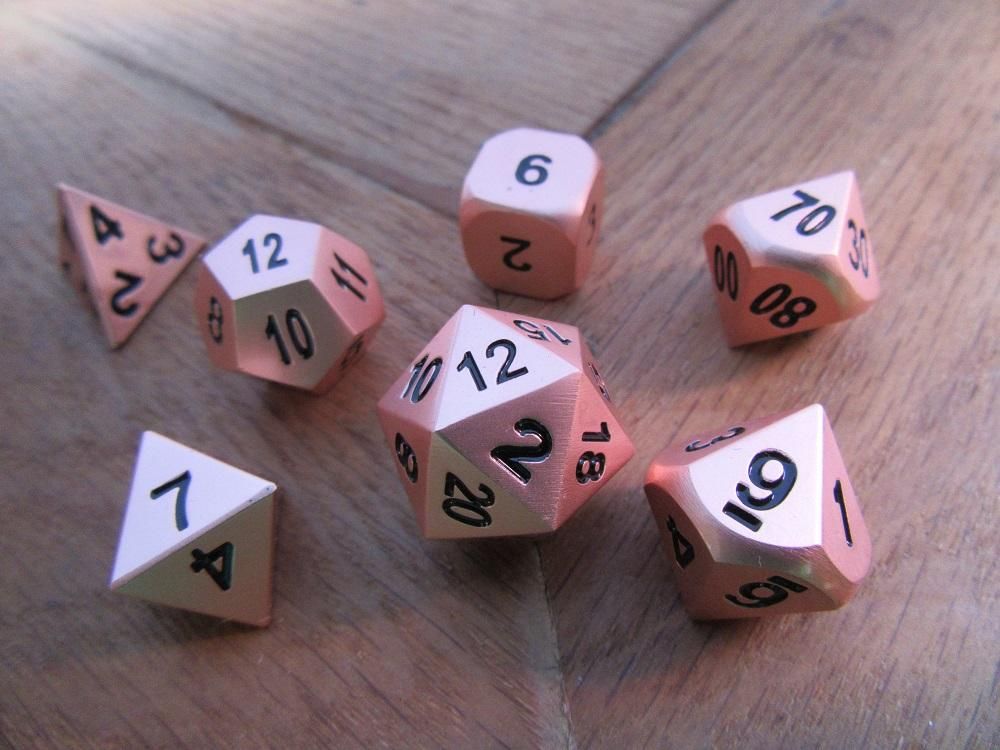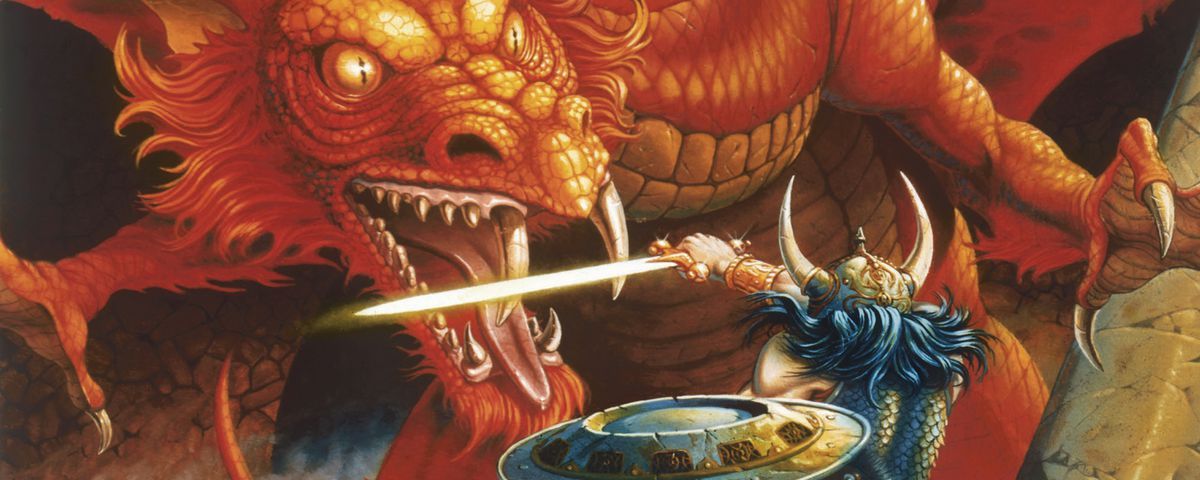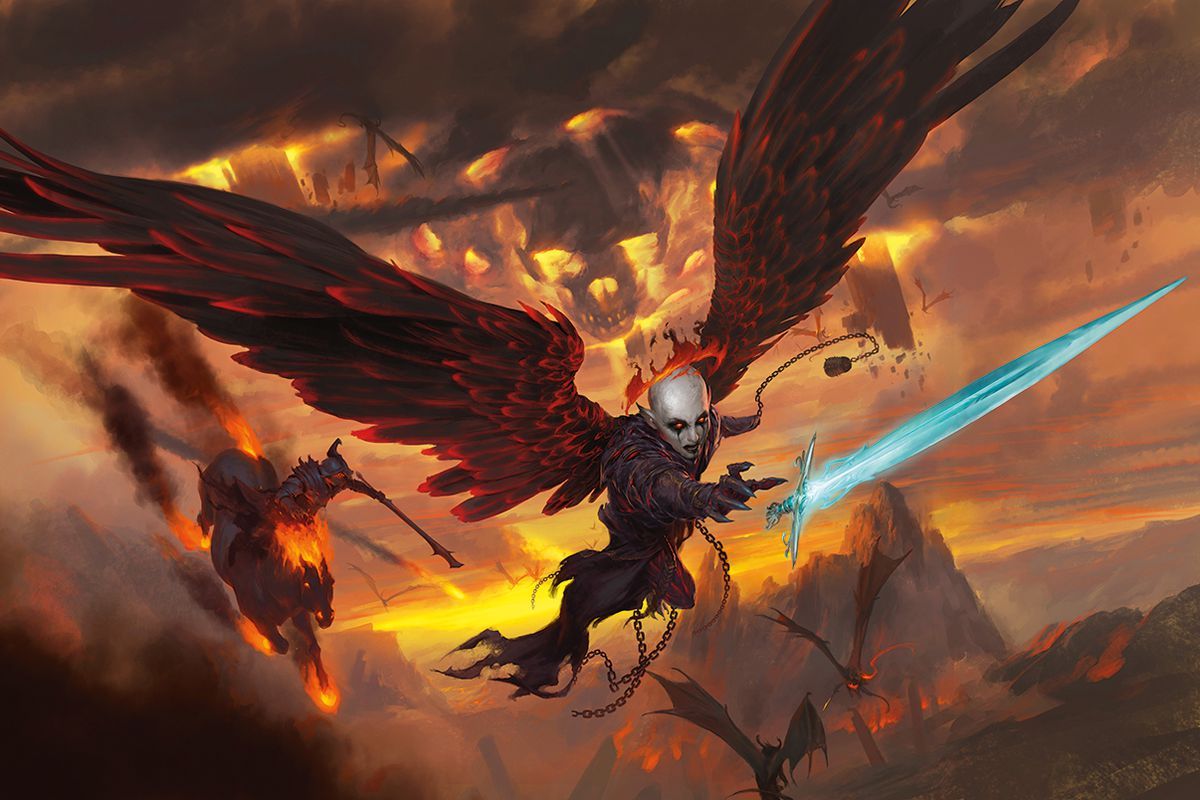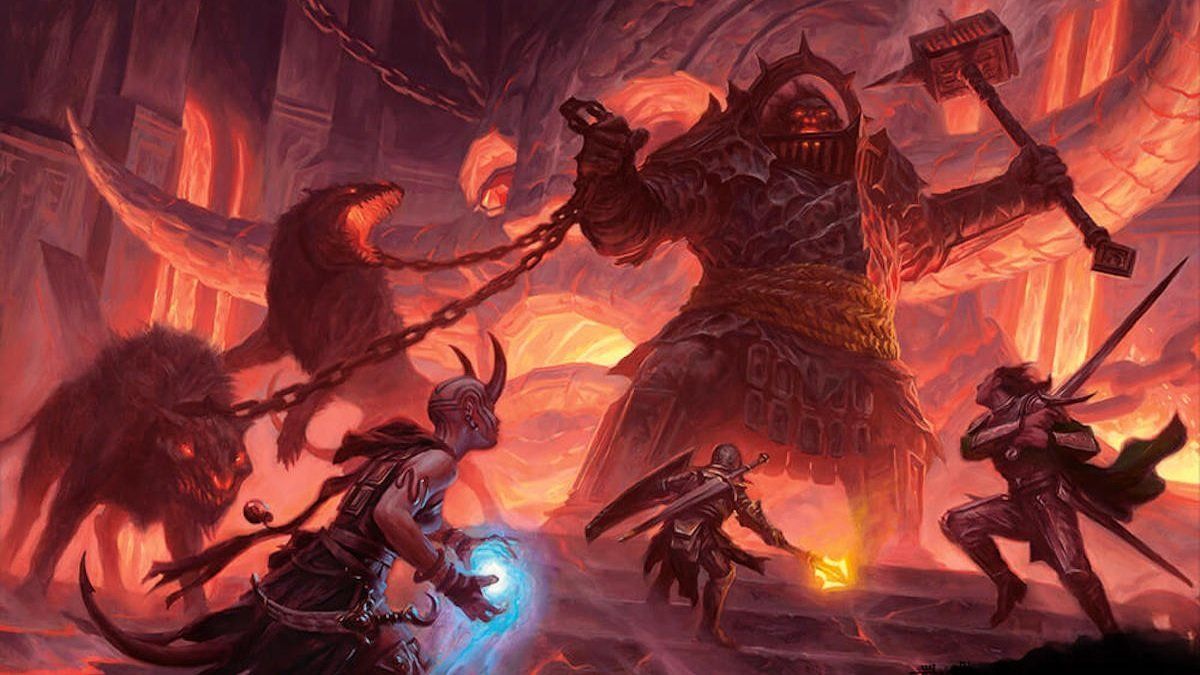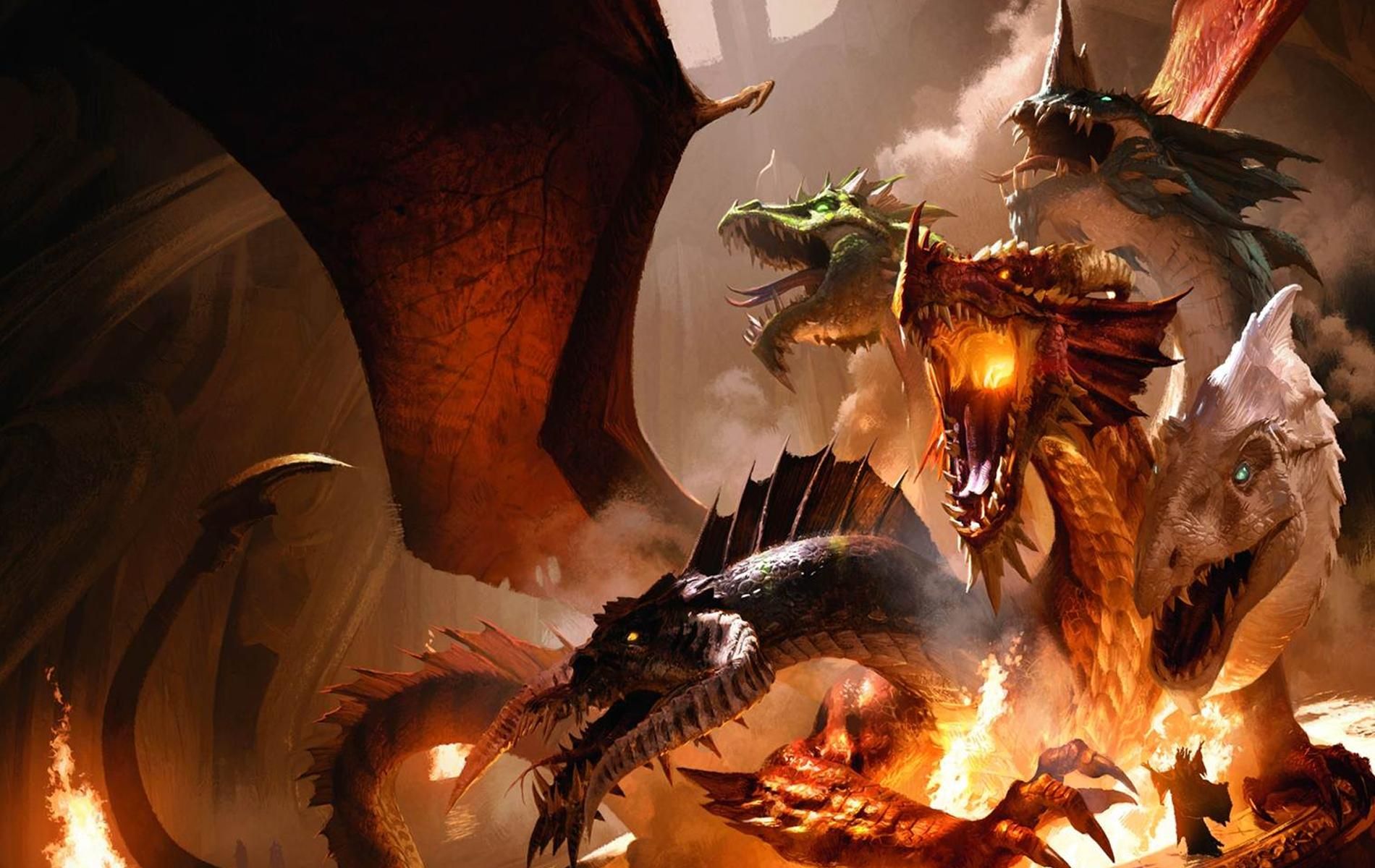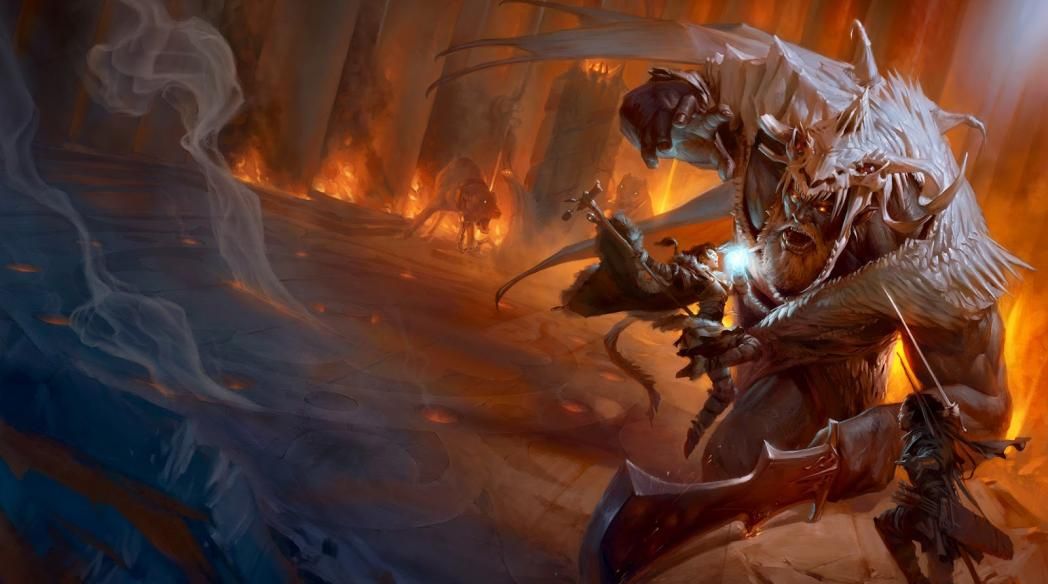One of the exciting parts about Dungeons & Dragons (D&D) is crafting a character for each campaign. Some players are looking to optimize their character to be the best they can be, whether they are a battle-busting wizard, a cunning Kenku, or a masterful social engineer.
But one of the most annoying parts about D&D is when your character, which you've spent literal hours perfecting, gets annihilated in the first tavern fight. It's frustrating, disappointing, and a tad disheartening to have your character torn apart when you've barely delved into the quest. Especially when you have to sit out of the game and create a new one will everyone else is having fun. Here are ten pro-tips that will help you build the strongest character in the party and avoid such a crushing defeat.
10 Know Your Dungeon Master & Playstyle of the Campaign
It is important to understand your dungeon master (DM) and campaign style before you start doing anything. An action heavy murder hobo is very different from an RP or social campaign. It also determines where the player allocates their stats.
If one is thinking of being overpowered in a social campaign, allocate more stats to Interaction skills. If it is more combat-oriented, focus more on adjusting numbers for fights.
9 Know Your Class
The player should pick a class with multiple sources of damage at the first level. For example, if the player is looking to focus on magic, they should look toward classes that offer various options for spellcasting, like the wizard.
The player can also consider classes that allow them to swap between damage sources. Another example: the alchemist can keep a bomb or weapon on hand.
8 Understand Action Economy
This is the most important part of DND combat. The player should never skimp out on bonus actions or reactions. Having an extra attack can mean life or death for a character.
If the player has more actions than the enemy has, that’s another chance to deal more damage and give the player an advantage.
7 Mind Your Proficiencies
Players should not be swayed by different items outside of their proficiencies. If the player has a proficiency in light armor, do not take the heavy armor.
While the AC boost seems attractive, the proficiency will even out over time. The same applies to weapons: just because a long sword may deal more damage than a dagger, but it will not benefit the player in the long run.
6 Mind Your Skills
The player needs to have at least one skill in each category so they can never be caught out. Nothing is worse than getting in a dire battle or issue and not having the necessary abilities to get out of it. Relying on party members will not always be a guarantee either. This will also make certain scenarios less boring for the skills a player is lacking.
Stay well-rounded in combat, too. Looking cool with an eye-catching smite in the short-term doesn’t help the player in other situations. Fifth edition modifiers are low, and there are few items or options that offer bonuses. Expertise and proficiency are more important than ever.
5 Magical Weapons
The player should strive for magical weapons in their inventory. They aren’t common, but there are the most sought out weapons for a reason. Most high CR creatures have more physical resistances than magical defenses.
Therefore, magical weapons tend to be more effective against them. Also, it could make for an interesting character trait if they are resistant to magic or magical items.
4 Party Integration
While being the most well-versed in damage and the king of scenarios is great, not being able to integrate into the party is more difficult. These are the people the player needs to tag along with for the adventure. Having a helping hand goes a long way in sticky situations.
Make sure your background and history help you relate to the group. You don’t have to be the center of attention nor the rallying cry of the group. The player character needs enough reliability to help you integrate into the party early on.
3 Don’t Forget Party Balance!
While being the jack of all trades seems beneficial, it doesn’t offer much intrigue in your character nor contributes too much to the party. This is why the player should invest no more than two skills per category!
The player should maximize their chosen specialty; this gives them an edge while becoming an indispensable boon to the party. Also, when party strife does happen, think of all the interesting scenarios when someone strays away!
2 Think Of Your Fellow Man
Speaking of the party, a little help goes a long way. Remember aid party members or return the favor when they offer assistance to you. In terms of skills and power, select something that will help your fellow teammates.
It doesn’t have to be the foundation of your entire kit, but maybe one or two skills, spells, etc. that will benefit the player and the party in the long term (e.g. haste, team power boosters, etc.)
1 Consider Personal Playstyle
In the hunt for the most overpowered playstyle, some of us forget the most important aspect in all this: having fun. All factors are important for crafting a powerful character, but if it impedes on the player’s playstyle and personal preference, then it should be evaluated. Perhaps reach out to your DM for recommendations and assistance or refer to the player handbook.
Dungeons & Dragons offer multiple opportunities for players to experiment with different characters, playstyles and scene craft. Keep these tips in mind when creating your next character!

